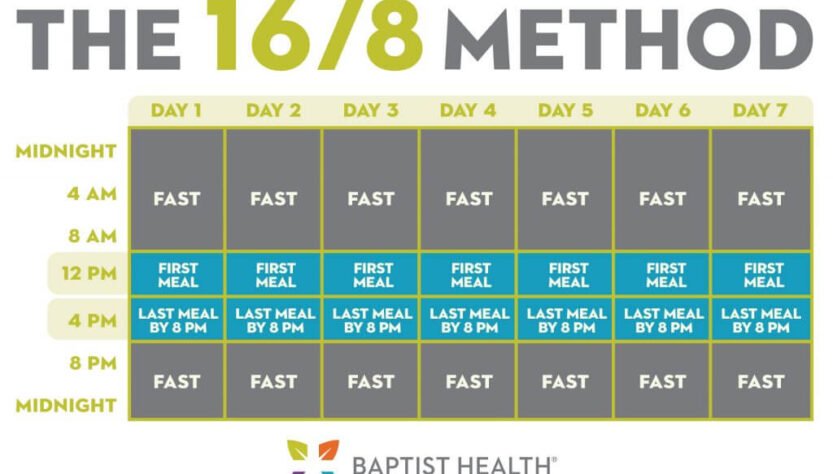Intermittent fasting is a feeding pattern which alternates between periods of fasting and controlled eating. It is a simple dietary method divided into many types. One of the intermittent fasting methods is alternate day fasting, whereby a person takes a normal diet on particular days of the week and fasts on some. During the fasting days, one does not fully abstain from food but rather reduces calorie intake to 1/4 of the normal diet.
The other fasting type is whereby eating is restrict to a certain time window within a day. This means restricting eating between an 8 hour window eating period, which means a person eats once in every eight hours. Some people however reduce the span to either six, four or even two hours according to their convenience. The longest time that a person can stay without food on intermittent fasting is 36 hours. If practiced accordingly, it can result in a number of positive health effects.
For instance, intermittent fasting promotes general good health. It significantly reduces cravings for snack foods and sugars. The practice normalizes insulin as well as leptin sensitivity. Insulin resistance contributes to many chronic diseases such as diabetes, cancer and heart infections. Intermittent fasting will therefore protect the body from such infections.
Intermittent fasting results in improved brain health. Fasting helps the body to convert stored glycogen into glucose to release energy. If the fasting proceeds for some time, continued breakdown of body fats induces the liver to secrete ketone bodies. These small molecules are by-products of fatty acids synthesis, and the brain can use them as fuel. Research also indicates that exercise and fasting results in genes and other growth factors which are essential in recycling and rejuvenating the brain.

